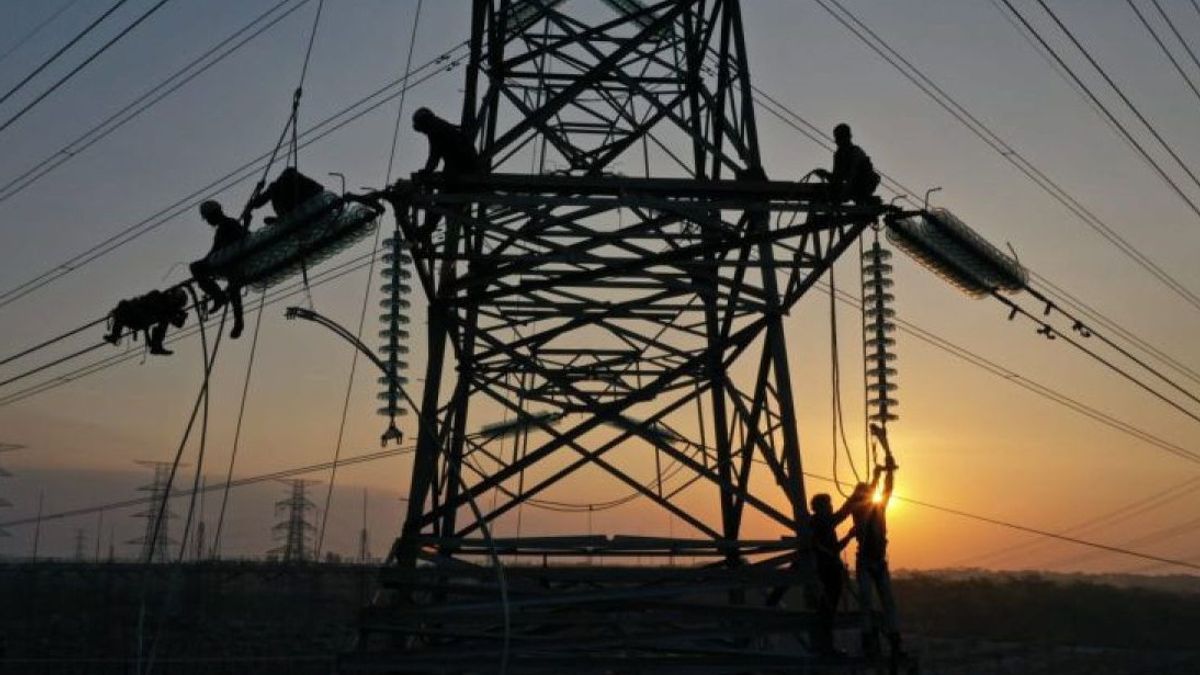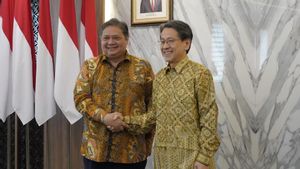JAKARTA - Tri Sakti University public policy expert Trubus Rahadiansyah assesses that the implementation of power steering must be accelerated because it is needed to overcome the frequent outages in various regions.
"It is very slow and very unfortunate. Even though it is needed to create good governance and reforms on public services related to electricity. Therefore, from a public policy point of view, power steering needs to be accelerated, it must be encouraged," Trubus said, quoted from Antara, Tuesday, January 9.
He gave an example, there are still many regions in Indonesia that experience blackout PLN electricity as a result of the lack of good governance, which is related to transparency, accountability and so on.
"There should be good governance, there should be no need for a power outage like now," said the General Chairperson of the Association of Indonesian Policy Analysts (AAKI).
According to him, the frequent power outages are very detrimental to the community because they not only damage various equipment but also interfere with activities, one of which is in the rail transportation sector.
Power steering is a mechanism that allows private companies or independent power producers (IPPs) to build power plants and sell stuns to household and industrial customers.
PLN's electricity outage, he said, still often occurs in various regions in Indonesia, such as in Kapanewon Ngawen, Gunungkidul Regency, Yogyakarta on January 3, 2024, which occurs for 27 hours.
Likewise, several areas in Batam on January 4, 2024, which are considered to have the potential to cause serious disturbances in clean water supply services because water production must be stopped when there is a power outage.
In fact, the process of drawing water to clarity takes no time and continuous time. The blackout is also said to damage a number of equipment in underground wells.
Therefore Trubus hopes that the implementation of power steering must be carried out immediately. The existence of the private sector in the power steering scheme, according to him, will reduce the burden on PLN and support the BUMN in improving services besides spurring the BUMN to improve governance.
"Public services in terms of electricity will be fulfilled properly. PLN continues to lead and is increasingly competitive. Meanwhile, the private sector will be complementary to support PLN," he said.
Separately, energy observer Ali Herman Ibrahim agrees that the implementation of power steering is indeed too slow. The reason is because the scheme currently being discussed in the EBET Bill, is carried out by parties who are considered not understanding.
"The right people should also be involved to discuss it. Including power steering, many people do not understand," he said.
VOIR éGALEMENT:
According to him, the application of power steering will benefit PLN as long as it is properly studied, the system must be made well, first make the right rules.
"Surely PLN is profitable. Everyone involved is also profitable, not just PLN," he said.
Through the right study, he added, a win-win solution will be obtained, one of the advantages is convenience and investment. In this scheme, state investment is indeed reduced. However, PLN's aggregate can be optimized.
"For this reason, it must be discussed jointly between three parties, PLN, the private sector and the government. But the leader is still the government," he said.
The English, Chinese, Japanese, Arabic, and French versions are automatically generated by the AI. So there may still be inaccuracies in translating, please always see Indonesian as our main language. (system supported by DigitalSiber.id)














